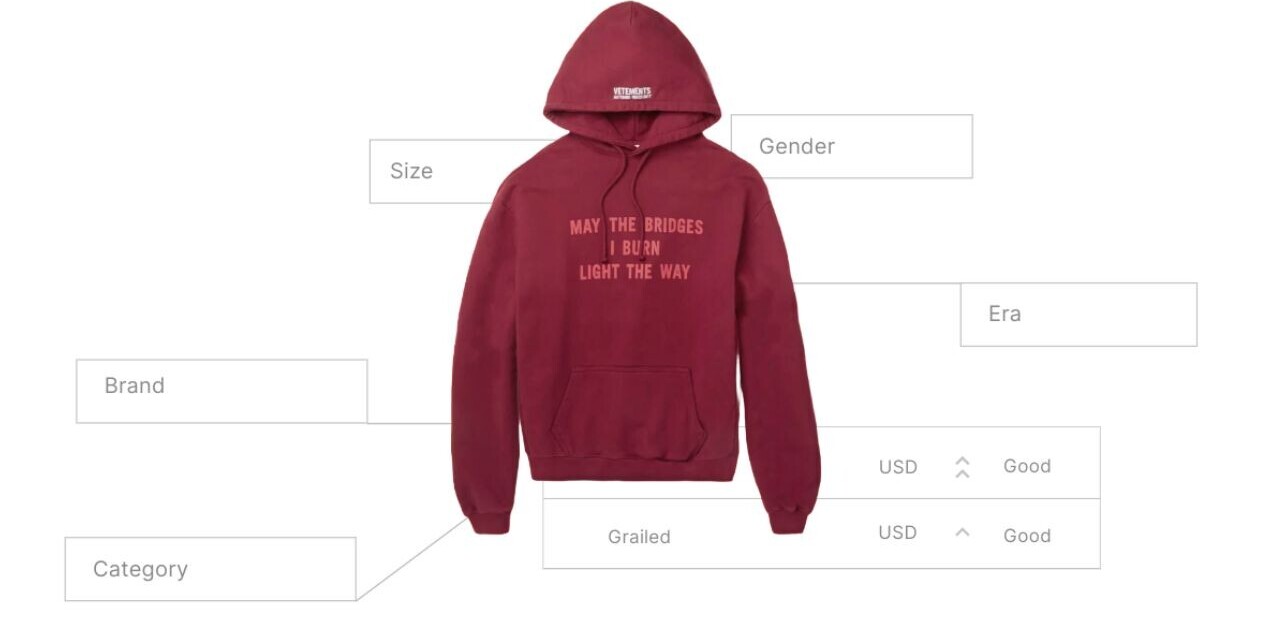
Online shoppers in the UK may spend up to 5 days a year waiting at home for deliveries to arrive, but that doesn’t seem to be deterring the nation from hitting the Cyber High Street with their credit cards.
A new report from Ofcom, the Independent regulator and competition authority for the UK communications industries, has found that more consumers in the UK use the Internet for shopping than other major countries. And the UK also watches more online television, uses more mobile Web and plays more games on their smartphone than other countries too.
Ofcom’s sixth International Communications Market Report is available now, and it’s a good indicator of where the UK currently stands compared to the rest of the world in the digital communications space. It focuses on the uptake, availability and use of broadband, landline telephones, mobiles, TV and radio in 16 other countries, including major economic hubs and the emerging markets in the BRIC (Brazil, Russia, India and China) countries. The report compares the UK with: France, Germany, Italy, the US, Canada, Japan, Australia, Spain, the Netherlands, Sweden, Ireland, Poland, Brazil, Russia, India and China.
The UK: A nation of online shoppers?
The report found that eight in ten UK internet users (79%) had paid for goods or services online in 2010, a higher figure than any other European country. At the lower end of the scale, a mere 27% of Italian consumers said they had bought online during the same period.
Not only did UK consumers shop more online, the report also found that they spent more time on retail sites – an average of 84 minutes in January 2011, compared to only 20 minutes for consumers in Poland and Italy.
Of course, the huge surge in smartphone uptake is playing a pivotal role in driving the UK’s hunger for ubiquitous Internet. Between February 2010 and August 2011, smartphone ownership almost doubled, rising from 24% to 46%, meaning that smartphone usage is now highest in the UK compared to all the other European countries surveyed, with France sitting at 35%, Germany at 32% Italy at 40% and Spain just behind the UK at 45%.
A natural extension of this is the number of people using their mobiles to access the Web was also higher in the UK with nearly half (46%) of UK internet users using their phones to go online in October 2011, placing the UK in number one spot amongst all other countries surveyed.
UK consumers were also more likely to play games on their phone – 34% compared with 16% in France, and a quarter (25%) of UK mobile users accessed news content on their mobiles, which was significantly higher than all other European countries.
Curiously, UK Internet users were less likely to make phone calls online than in other countries. Less than a fifth (19%) of UK broadband subscribers used Skype or similar Voice Over Internet Protocol (VoIP) services to make phone calls, compared with 28% in Italy and 26% in France.
A social nation
The Ofcom report found that UK consumers are more likely to access social networking sites via their mobile phone than other countries, with 43% of those with social networking site profiles indicating they do so, compared to just 30% in the US. That said, UK social networkers apparently have fewer friends online (168) than Americans (198) or Italians (216) – but more than the French (108) or Germans (137).
There are some really interesting insights to emerge from the new Ofcom report, and if you have a spare afternoon, you can peruse the full report for yourself here: International Communications Market Report, 2011.
Get the TNW newsletter
Get the most important tech news in your inbox each week.




